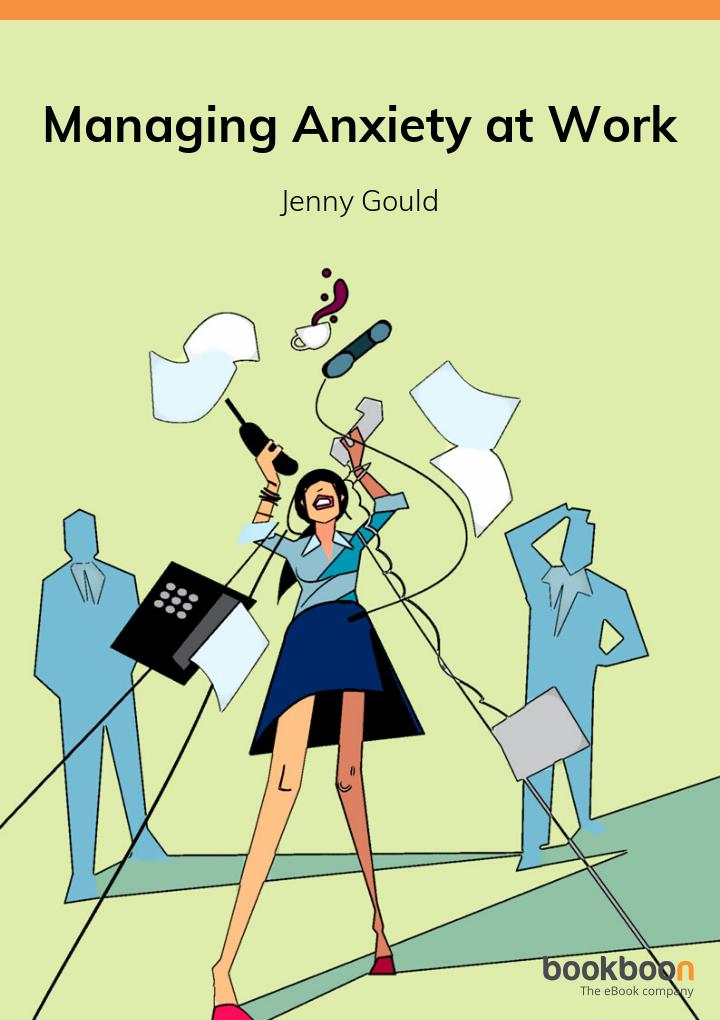How does anxiety develop and how do we re-enforce it?

 The causes of anxiety are often complex and difficult to determine. It does seem that some of us have a genetic predisposition to it but it’s also very much about our upbringing – if your mother was nervous, you may have ‘learned’ to be nervous, so it can appear to almost run in families. But your innate personality and temperament will play a large part too, modifying how you respond to your family environment and other external factors.
The causes of anxiety are often complex and difficult to determine. It does seem that some of us have a genetic predisposition to it but it’s also very much about our upbringing – if your mother was nervous, you may have ‘learned’ to be nervous, so it can appear to almost run in families. But your innate personality and temperament will play a large part too, modifying how you respond to your family environment and other external factors.
One major influencing factor for the development of anxiety is perfectionism, and this is linked to overly critical parents (also other ‘authority’ figures). From our earliest days it can seep into our psyche, resulting in a pervasive sense of not being good enough, and having a profound effect upon how we grow and develop as people. By being over-demanding and excessively critical they teach us that we can never be good enough.
That criticism may be accompanied by anger, irritation or disapproval, however the criticism itself can be quite subtle, transmitted by just a sigh or raised eyebrow. It can also be implied: for example when a child feels under pressure to perform to very high standard, he might interpret that as criticism.
As a child you worry that failure to meet those parental expectations will lead to a withdrawal of approval and affection. Parents’ need to control their children in this way is often complicated – it can be borne out of fear of the child’s growing independence in a dangerous world (‘anxious rearing’) or it can be about loss of status if your child doesn’t reach certain levels of attainment. And we all fear disapproval and rejection by our parents so will do almost anything avoid that.
If you are already a parent, or hope to be one in the future, remember this – it’s effort that should be praised in your children, not intelligence or achievement. That energises the child and has a much more positive emotional impact. Parents can cause the problem in other ways too, not just by being excessively critical. If they themselves are overly concerned about making mistakes, the child can pick up on that and learn to model that same behaviour.
Worries about school, friendships, bullying, exams, appearance or family conflict which can all affect us adversely, reinforcing the anxiety ‘habit’. Some of us will battle through while others will withdraw and become more fearful. And certain conditions such as ASD (autism spectrum disorder) or ADHD can increase anxiety due to differences in brain function.
Let’s face it though, apportioning blame is not very helpful and we can never know for sure how the problem developed initially. What is important is that we take responsibility for reducing the negative effect anxiety has on our life, now and in the future.
How do we feed anxiety?
There are many aspects of modern life that feed our anxiety – let’s face it life was much less complicated in bygone times. Technology has fundamentally changed the way we live today. We are bombarded with information from every direction – on PCs, tablets, phones, at work, when we travel on public transport, when we drive, when we watch TV. Our addiction to social media means we spend more time with virtual friends than real friends, and we are easily seduced into thinking that everyone else is more popular, more successful and happier than we are.
As recently as 50 years ago your background pretty much determined your future. Life may not have been perfect but it was more predictable. Nowadays we have much more choice, which is not necessarily a good thing because with every decision comes the possibility that it was the wrong one! If we’re not careful we can find ourselves procrastinating and deliberating over the smallest decisions: once it’s made, we worry about whether it was the right one.
Our support systems are often lacking – our search for suitable work often means that many of us live far away from our families and old friends, who in the past would have helped us keep problems in perspective. And fewer of us find comfort in the rituals of religion and belief today.
The celebrity culture we live in can blur reality for us. It is impossible to live up to the ideals and expectations promoted by the media, so in all areas of life – career, relationships, parenting etc. – we can end up feeling inadequate, never good enough.
We try to create our own ‘bubble’ by plugging in the headphones to listen in to our music. It’s sad that we have to cut ourselves off from our fellow humans in order to remain sane, but information overwhelm is not what we were designed for. So, finding strategies that work for us is essential if we want to reduce the anxiety-provoking ‘noise’ of modern life.
All of this can become a negative cycle that drives us down, affecting the way we think and behave and increasing our anxiety. It can feel increasingly debilitating and then we seamlessly move on to worrying about more and more things.



